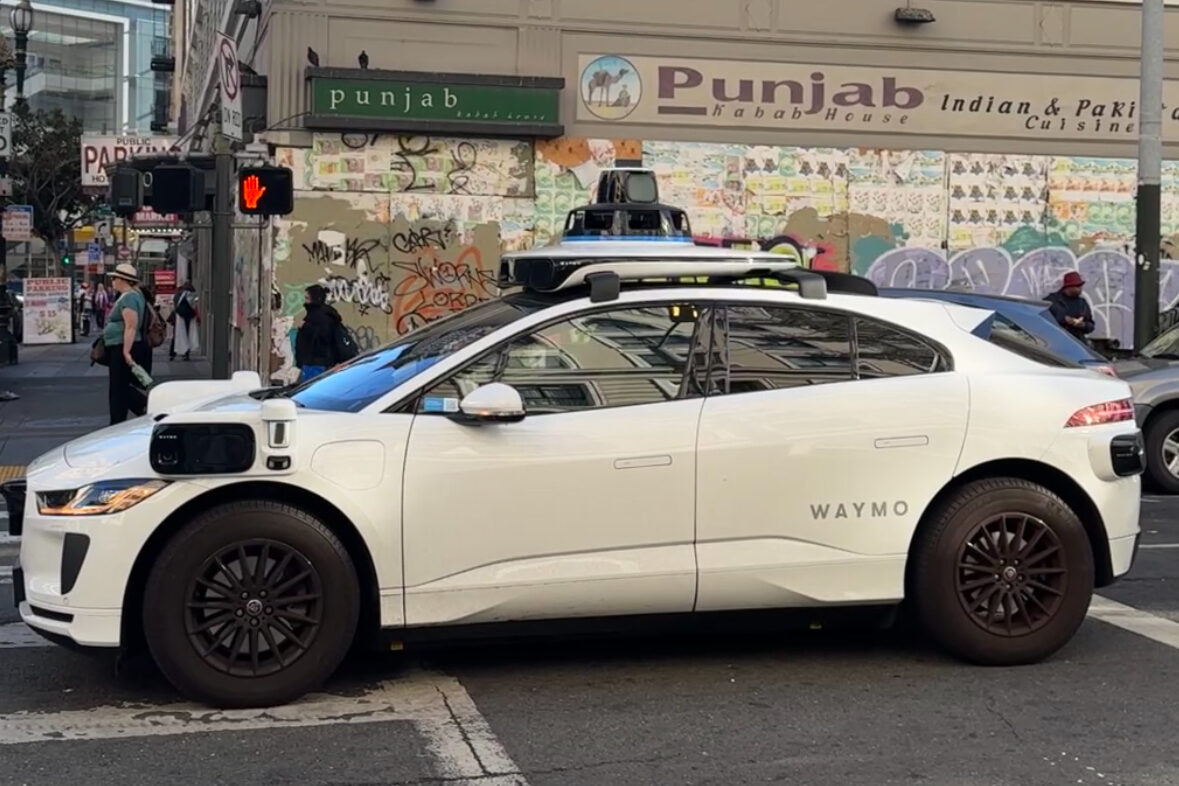How AI Is Already Part of Our Daily Routines
AI in daily life is no longer a futuristic concept—we already live with it. Whether you’re asking Siri to play your favorite song, letting your smart thermostat adjust the temperature, or receiving shopping suggestions online, AI in daily life is quietly shaping how we live, work, and make decisions. But how exactly is AI transforming our daily routines in ways we might not even notice?
6 Ways AI in Daily Life Is Already Helping You
Smart Assistants That Know You Better
Let’s start with something simple: your voice assistant. Every time you say “Hey Siri” or “Okay Google,” you’re interacting with AI. These smart assistants don’t just follow commands—they learn from your voice, your schedule, and even your habits. Thanks to natural language processing, they’re getting better at understanding what you need. As a result, tasks like setting alarms or sending texts have become effortless.
How AI in Daily Life Makes Homes Smarter and Safer
Moving beyond phones, AI is quietly making our homes smarter too. Think of a thermostat that learns your daily routine or security cameras that alert you to unfamiliar faces. These tools bring comfort and peace of mind. Consequently, our homes are becoming more energy-efficient and secure.
AI in Daily Life and Healthcare: Supporting Human Doctors
AI is also making healthcare faster and more precise. Algorithms now help doctors analyze X-rays and detect diseases earlier. In addition, machine learning recommends personalized treatments, enhancing outcomes. Therefore, AI is not replacing doctors—but making their work more effective.
Personalized Shopping Experiences
Online shopping has become more intuitive thanks to AI. Platforms like Amazon suggest products based on your clicks and past purchases. These personalized recommendations make it easier and quicker to find what you need. As a result, shopping feels more tailored to you.
The Road to Autonomous Driving
AI is transforming transportation with self-driving cars. Companies like Tesla and Waymo use autonomous vehicle technology to reduce accidents and make roads safer. Although not yet mainstream, the progress is undeniable.

Entertainment That Feels Made Just for You
Netflix, Spotify, and other platforms rely on AI to keep you entertained. They track your preferences to recommend shows, songs, or videos. Furthermore, AI tools can now create content—writing stories, composing music, or generating art. Thus, AI is part of both your playlist and the creative process.
Conclusion: AI Is Already Here—And Growing
From your phone to your car to your home, AI in daily life is real and expanding. It’s not just about convenience—it’s about living smarter, safer, and more creatively. As AI evolves, so will the ways it supports us. And so, the future is not about AI replacing humans, but about AI helping us thrive.
Glossary
- Natural Language Processing (NLP): A technology that helps computers understand and respond to human language.
- Machine Learning: A form of AI that learns from data and improves over time without being explicitly programmed.
- Autonomous Vehicles: Cars that use AI to drive without human input.
- Personalized Recommendations: Suggestions made by AI based on your behavior and preferences.
- Computer Vision: AI that helps machines “see” and interpret visual information like images or video.
Further Reading
🔗 AI in Healthcare – Mayo Clinic
🔗 What Roles Will Survive AI and Automation in the Workplace

One response to “AI in Daily Life: 5 Surprising Uses You Didn’t Notice”
[…] Internal Link: Real-Life Applications of AI in Daily Life […]